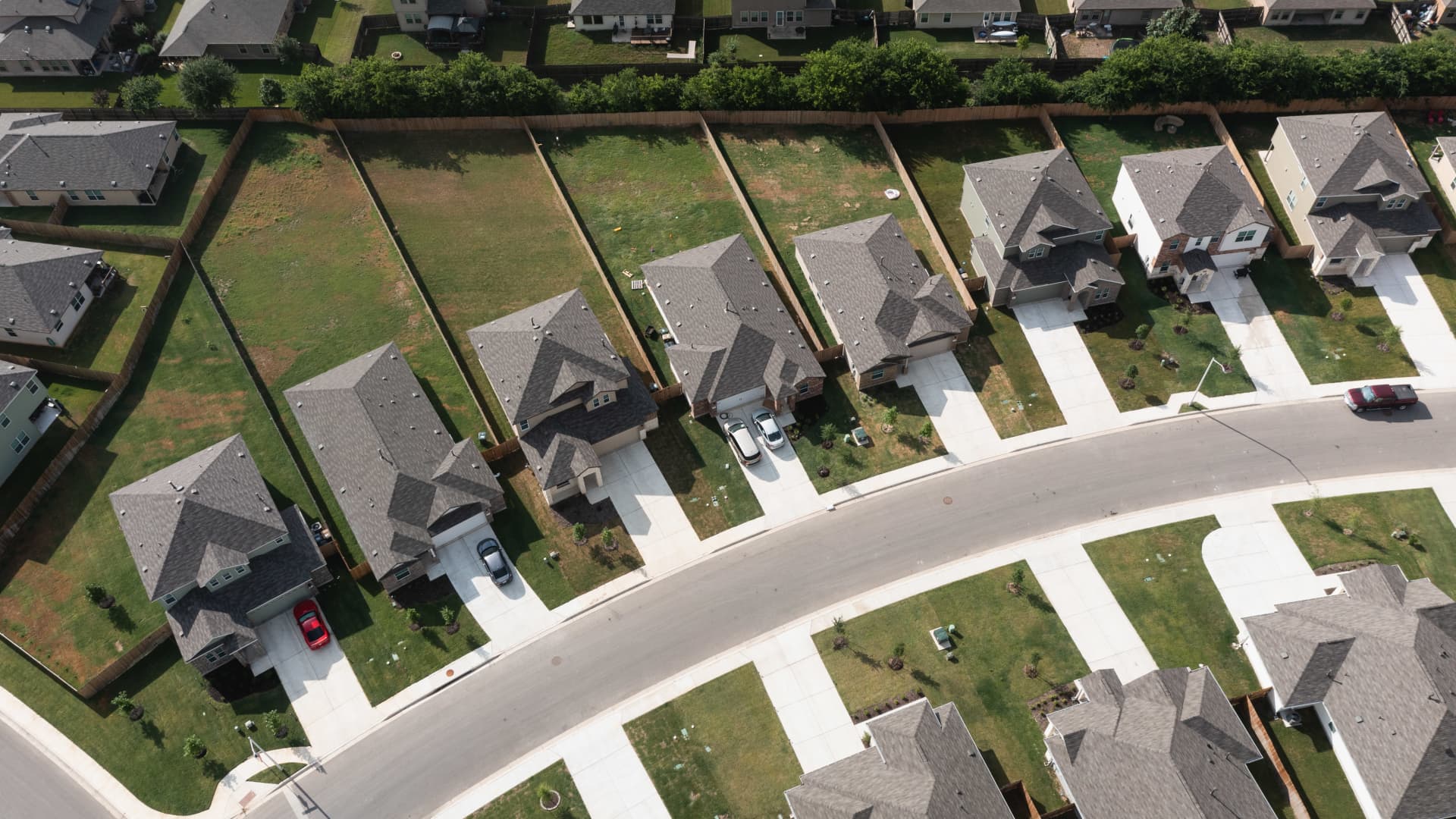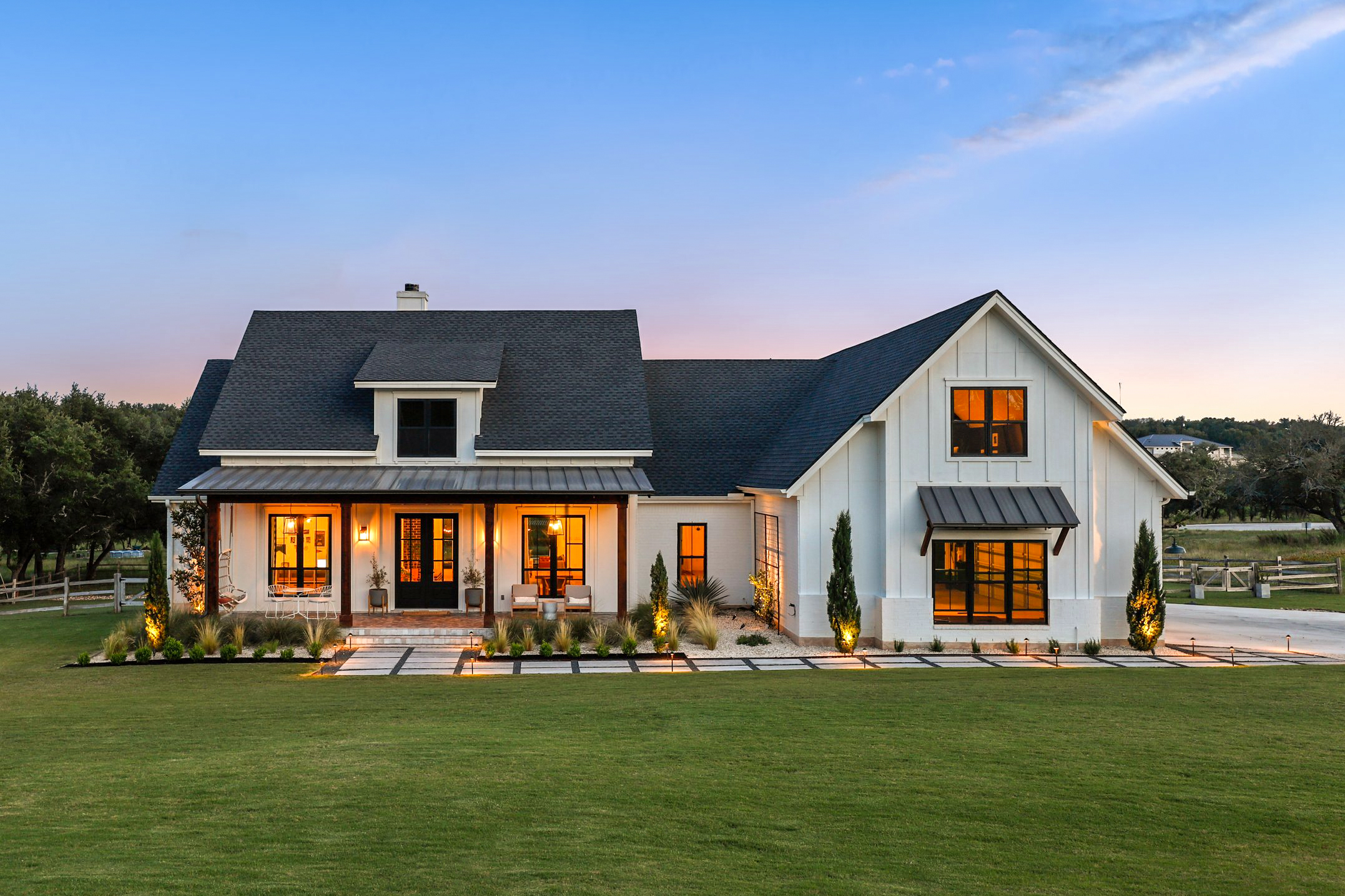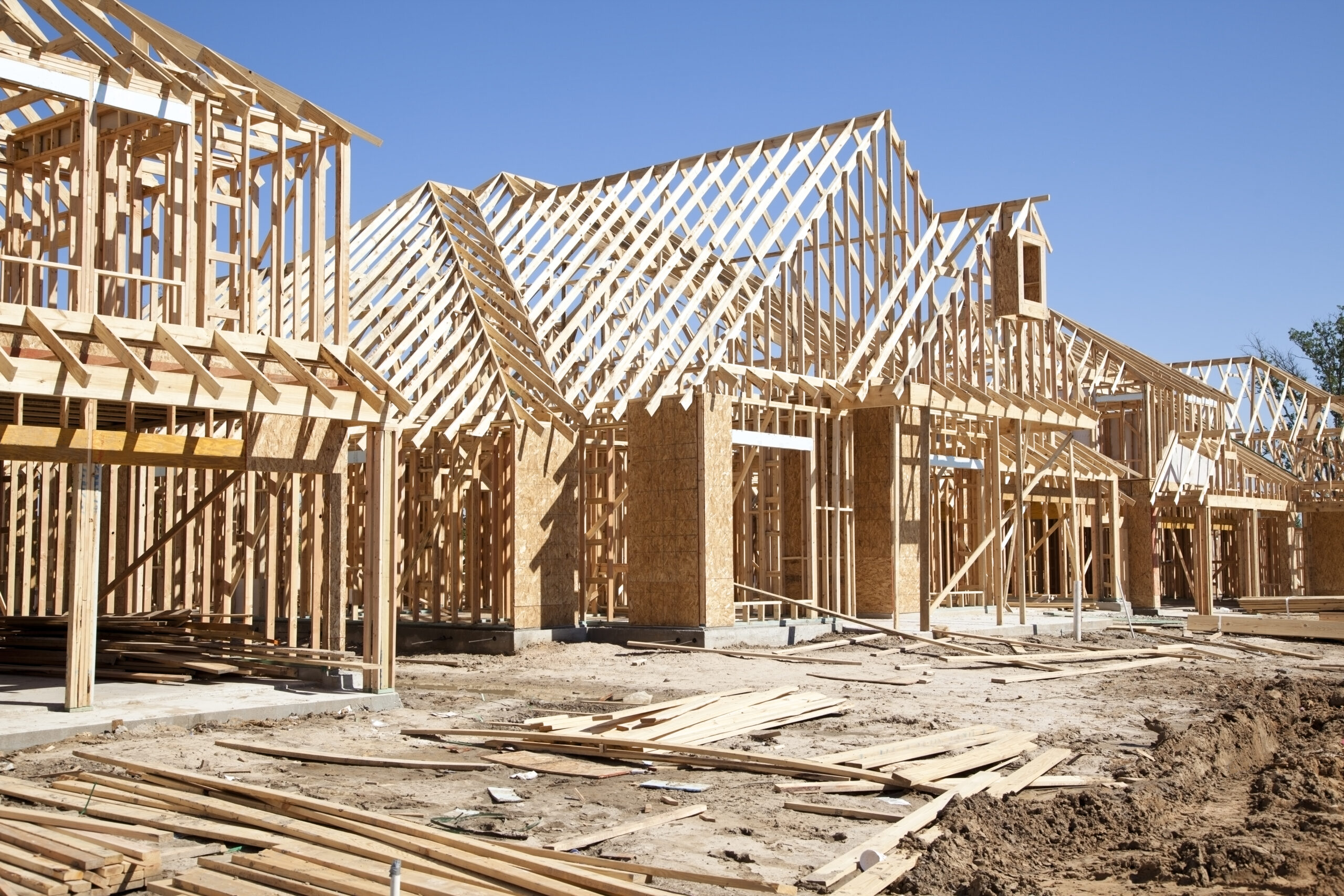Good article. I wonder if this is limited to Phoenix. .
1. Since 2010, rental properties available for $1,000 or less in greater Phoenix has declined 86%
2. The number of homes selling for $300,000 or less dropped 73 percent.
Measures of affordability generally assume that a household should spend no more than 28 percent of its gross income on housing. By that criteria, only about one-fifth of all homes sold in the Phoenix area late last year were affordable for a family earning the median local income, about $72,000. Before the pandemic, nearly two-thirds of local homes were priced at affordable levels.
Why is it so expensive to live in Phoenix
1. Since 2010, rental properties available for $1,000 or less in greater Phoenix has declined 86%
2. The number of homes selling for $300,000 or less dropped 73 percent.
Measures of affordability generally assume that a household should spend no more than 28 percent of its gross income on housing. By that criteria, only about one-fifth of all homes sold in the Phoenix area late last year were affordable for a family earning the median local income, about $72,000. Before the pandemic, nearly two-thirds of local homes were priced at affordable levels.
Why is it so expensive to live in Phoenix
Last edited:





